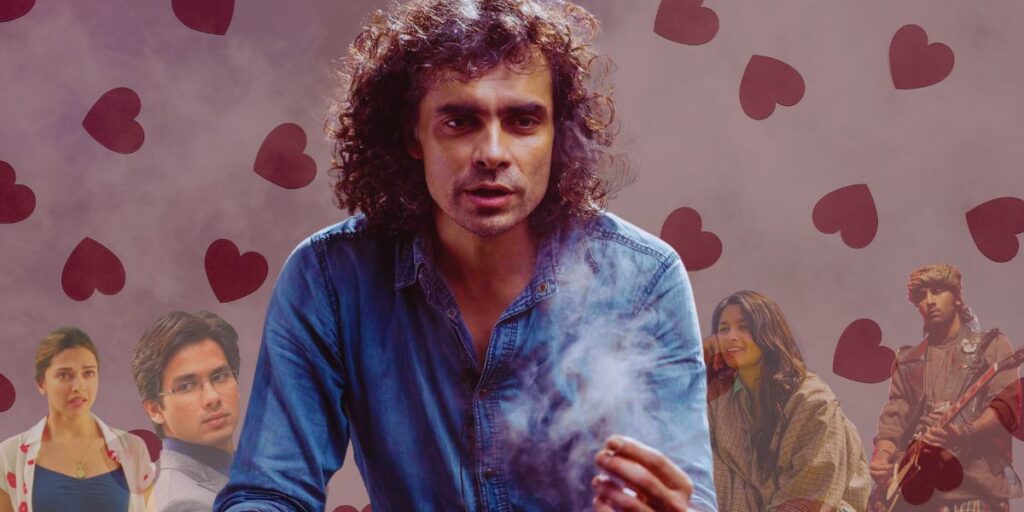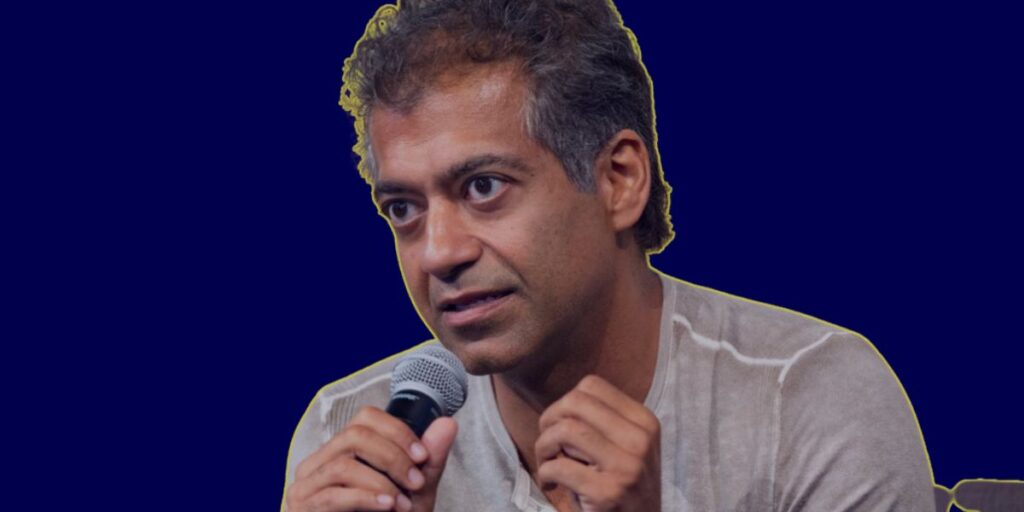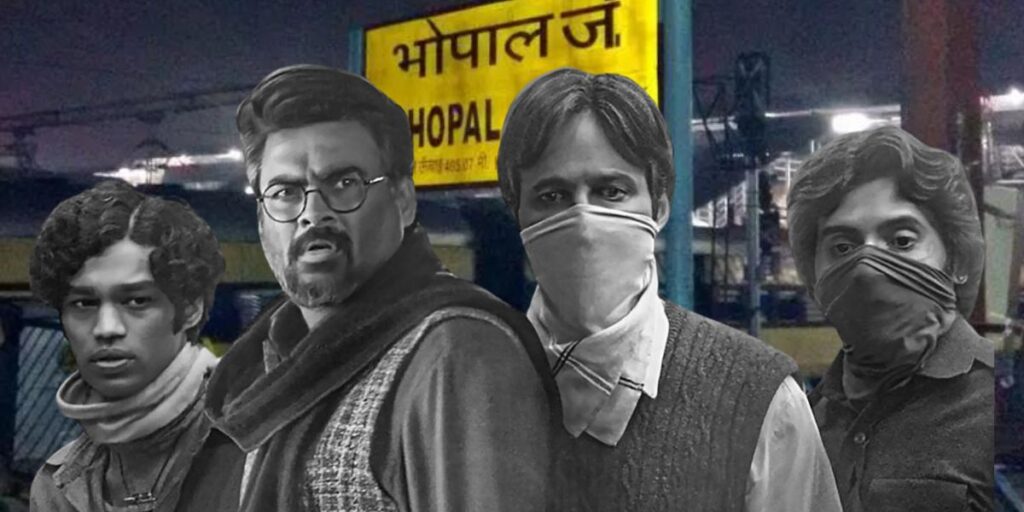Do Idols Need To Be Perfect? An Evolution in the Perception of Mahatma Gandhi by the Nation

A quote by Stephen Hawking perfectly summarises my thoughts about this topic and Mahatma Gandhi:
“One of the basic rules of the universe is that nothing is perfect. Perfection simply doesn’t exist…Without imperfection, neither you nor I would exist.”
Stephen Hawking
Since Mahatma Gandhi Jayanti is here & Bapu is the most famous and relatable example I could think of, here are my two cents on why we need to stop expecting our idols to be perfect and why being imperfect is being human.
Once hailed as a national hero and a symbol of hope, Gandhi’s legacy has evolved over time, with younger generations showing less inclination to worship him as a Godman. There is some hatred against him (Twitter warriors, bhakts, you see), but looking at the bright side, the newest generation is more read and well aware about Gandhiji than textbooks could ever tell. Again, thanks to the autobiography of Mahatma Gandhi as well.
The Beginnings of the Gandhi Legacy
Gandhiji’s nonviolent approach, Satyagraha, became the heart of India’s freedom fight. He’s remembered for iconic moments like the 1930 Salt March. But beyond politics, he pushed for social equality, supported the Dalits, and promoted traditional crafts. His ideas united and inspired a diverse India.
"Imagine Mahatma Gandhi as the OG influencer of his time. He didn't have Instagram, but he had 'Satyagraha-gram' – the original nonviolent resistance feed that rocked the British Empire! 📜✌️
The Dark Side of Gandhi
However, no person is without flaws, and Mahatma Gandhi is no exception. It’s crucial to shed light on some of his controversial beliefs and actions, which have raised questions about his saintly image. Gandhi’s opinions on caste, gender, and sexuality, though reflective of the prevailing norms of his time, are often considered regressive by today’s standards.
His views on caste were complex. While he advocated for the upliftment of the Dalits, he also believed in the notion of Varnashrama Dharma, which divided society into four varnas (castes). His stance on untouchability evolved over time, but his initial reluctance to fully embrace Dalit rights has been criticized.
Gandhi experimented with celibacy in his personal life and practised what he called “Brahmacharya.” His methods involved sleeping alongside young women to test his self-control. While his intentions were to prove his celibacy, these actions have been deemed questionable and problematic.
Furthermore, Gandhi’s views on women’s roles were conservative, and he was hesitant to embrace full equality between men and women. His writings on women’s chastity and modesty have been criticized for perpetuating gender stereotypes.
The Ongoing Debate: Gandhi’s Legacy in Today’s Bharat
The discussion around historical figures, especially Mohandas Karamchand Gandhi, remains intense. Some feel we shouldn’t let his flaws overshadow his achievements, while others urge a fresh look at his elevated status. This debate splits into several facets:
Critics vs. Supporters: Critics spotlight Gandhi’s views on caste, gender, and sexuality, questioning his saintly image. Supporters, on the other hand, highlight his central role in India’s independence and championing nonviolence.
Relevance of Historical Figures: A broader debate is whether we should still idolize figures from the past. Some argue this can stall progress with old ideals, but others believe it serves as inspiration, drawing from our collective history.
Educational Curriculum and Public Memorials: Another debate surrounds Gandhi’s portrayal in schools and public places. Is it fair to teach about him without mentioning his flaws? And should we reassess or reinterpret his statues and memorials given shifting societal perspectives?
"गांधीजी के लिए चर्चा, जैसे समय के साथ बदलने वाली Instagram के filters! कुछ कहते हैं 'Vintage Gandhi' फ़िल्टर बेहद ट्रेंडी है, तो कुछ कहते हैं 'Time to Unfollow'! 🤔📜 #GandhiDebate"
A Balanced Perspective Embracing Imperfections: “Ye Bhi Theek Hai”
So, is Mohandas Karamchand Gandhi not worth idolising? When it comes to making someone an idol, it is indeed a personal decision of each of us. We can certainly blame the education system for making him appear like a “Vishnu-avtaar” and not a human! But if we criticise the system for feeding us only the good side of Mohandas, we should also blame the ones spreading just the negatives about him.
Should I be the one telling you whether to idolise him or not? I can merely put the facts in front of you and allow you to choose your own path ahead. But, can we stop degrading people just because they have some flaws? Shouldn’t we just be more accepting, say “Ye Bhi Theek Hai” & move on with our lives rather than spend our time discussing the pros and cons? Gandhiji won’t care much about it, so why do you?









